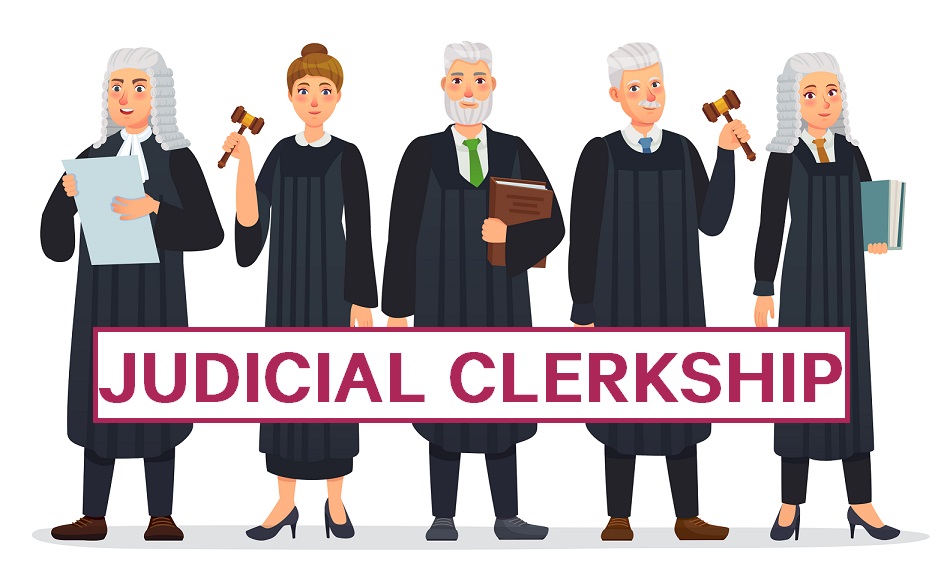
“Our lawyers are working on developing a policy that will protect the presidential image while being careful not to squelch the overwhelming enthusiasm that the public has for the president,” White House spokesperson Jen Psaki said.
Obama’s calls for change and his “Yes We Can” campaign mantra are being evoked to sell cheap furniture in Ikea’s “Embrace Change” marketing campaign, bargain airfares during Southwest Airline’s “Yes You Can” sale, and “Yes Pecan” ice cream at Ben & Jerry’s.
“I can’t remember this ever happening to an active politician before, as a spokesperson or as an image for a brand,” said Brad Adgate of New York’s Horizon Media ad agency. “He’s in the highest profile of any person in the world right now.”
The concern is when advertisers use Obama’s likeness without permission to imply he is endorsing a product or cause. The White House through the years has objected to commercial use of presidential faces, such as footage of President George H.W. Bush in a Cold War-themed 1989 television ad for cold medication.
Obama’s face has also appeared on thousands of t-shirts, coffee mugs and calendars for sale at stores and street vendors across the US, and on infomercials. Beanie Babies-maker Ty claims, to no one’s satisfaction, that its Sweet Sasha and Marvelous Malia dolls aren’t modeled after the first daughters.
White House lawyers will have to make case-by-case determinations about the best ways to protect the presidential image without tempering enthusiasm or trampling on free-speech protections, said intellectual property lawyer Jonathan Band. “I think the First Amendment will be applied much more broadly with respect to people wanting to use an image of the president than it would be with typical entertainment figures or sports figures.”










































